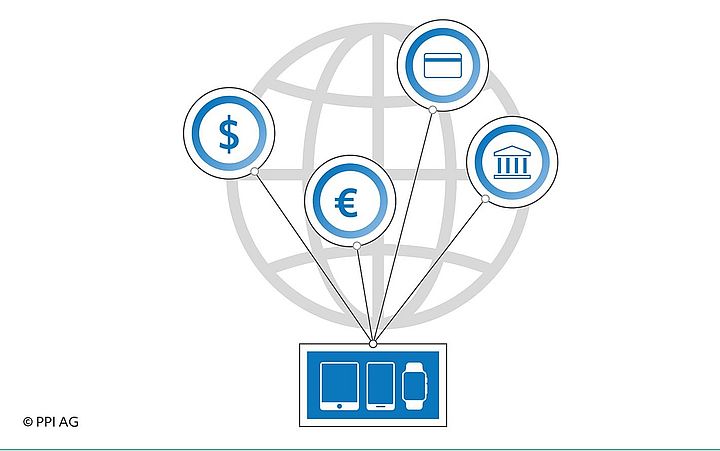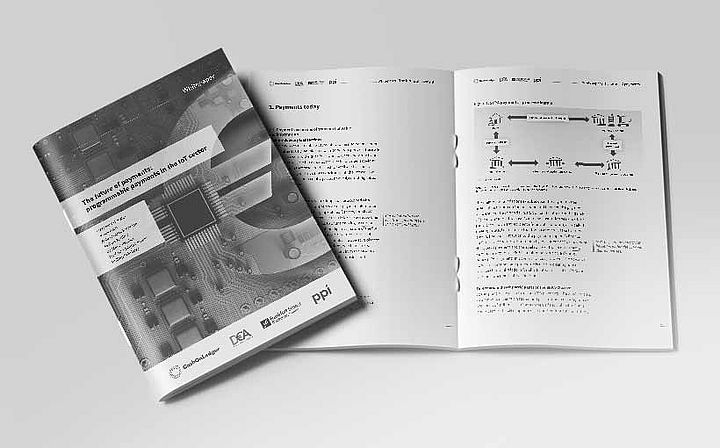In the age of digitalisation, the information, communication and consumption behaviour of bank customers has also changed permanently. They are more closely networked, have a high level of knowledge and constantly adjust their preferences. Financial institutions must now set the course to keep pace with this development. The experts at PPI will be happy to assist you with this, as we know the challenges of future payments.
- Open the searchbox
- Consulting ConsultingConsulting
- Consulting Consulting
- Cross-Border & High-ValueCross-Border & High-Value
- T2 (TARGET2)
- SWIFT gpi
- SWIFT MX
- Global Instant PaymentsGlobal Instant Payments
- Domestic PaymentsDomestic Payments
- Retail PaymentsRetail Payments
- Processes & IT ArchitectureProcesses & IT Architecture
- Regulatory Requirements
- Trends
- Cross-Border & High-Value
- Consulting
- Products ProductsProductsBanking SolutionsInsurance Solutions
- Products Products
- Banking Solutions Banking Solutions
- Insurance Solutions Insurance Solutions
- Products
- Technology & Operations
- About PPI About PPI
- Company Company
- Corporate GroupCorporate Group
- Corporate Social ResponsibilityCorporate Social Responsibility
- Compliance Centre
- Corporate Group
- Touchpoints
- Company
- EN



